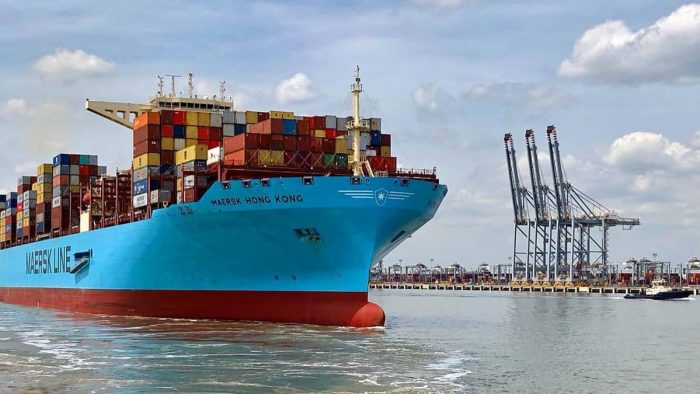
Ocean shipping is passing through multiple stages of coronavirus fallout, and the journey appears far from over
25 March, 2020Stage one combined a containerized-goods supply shock and bulk-commodity demand shock, both centered in China and driven by temporary closures of factories, mills, plants, land transport and terminals.
Stage two, now underway, features a containerized-goods demand shock centered in developed Western nations, driven by social distancing and quarantines. China’s containerized-goods export system is generally back up and running. The question has turned to whether China will receive enough new orders.
What might stage three look like? One plausible scenario entails an extension of the demand shock as the quarantine segues into a global recession, combined with a cargo supply shock driven by coronavirus restrictions on ocean shipping itself.
So far, the ocean-shipping network has held up reasonably well. Commercial vessels have continued to be able to move their cargo. But unimpeded operations are far from guaranteed. Following is an overview of the risks ahead:
Inability to change crew
Crew aboard oceangoing ships work multimonth contracts, after which they are repatriated free of charge and replaced by new crew. After several months off, the crew on leave rotate back on board. This process, which involves around 100,000 crewmembers monthly, has gone completely off the rails due to coronavirus travel restrictions.
Several shipping companies, including Maersk Line, have announced temporary halts to crew changeovers. But the situation is unsustainable beyond the short term. Guy Platten, secretary general of the International Chamber of Shipping (ICS), warned that “limitations on crew changes have the potential to cause serious disruption to the flow of trade.”
Underscoring the severity of the issue, the world’s largest shipping groups, led by the ICS, conferred last Thursday and later that day the ICS, together with the seafarers’ union, the International Transport Workers Federation, sent a joint plea to the United Nations. Shipping groups urged that countries designate ship crew as “key workers” and grant them exemptions from travel restrictions, as they already do for airline and medical workers.
Potential for crew infections
There have been no confirmed cases yet of a commercial crewmember testing positive for coronavirus, either due to lack of testing (there are no testing labs at sea) or an actual lack of infection due to isolation from outbreaks on land.
There have been frequent infections of crew confirmed aboard cruise ships, where workers interact with thousands of potential virus carriers, i.e., passengers, and are more prone to be tested. Cargo-ship crew members have limited interactions with those at ports who might infect them. In addition, the travel restrictions preventing crew changes may have helped keep infections low by limiting new personnel coming aboard.
There could be a highly negative effect on global trade flow if commercial shipping crew infections become commonplace. If a captain reports to the port of arrival that a symptomatic crew member is aboard, the vessel is likely to be quarantined and unable to discharge its cargo.
Cruise ships with ill passengers or crew onboard have been repeatedly denied permission to call at ports.
Spare parts
Ocean shipping vessels often require replacement parts in between their maintenance drydockings. The lack of a spare part can conceivably halt a voyage and global travel restrictions have made this operational risk much more likely. Even if parts can be shipped by air, trucked to the pier and brought out to a vessel for installation, the time and cost of doing so has escalated.
Dorian LPG CFO Ted Young explained during an online forum last week that ordering spares, which is done by air freight, has become increasingly problematic. “There’s very little passenger-aircraft belly freight [space] available, and in addition to cutbacks in capacity, there are restrictions on the ability to actually export goods, for fear of disease transmission,” he explained.
Categorized in:New
This post was written byTL Pacífico


Comments are closed here.